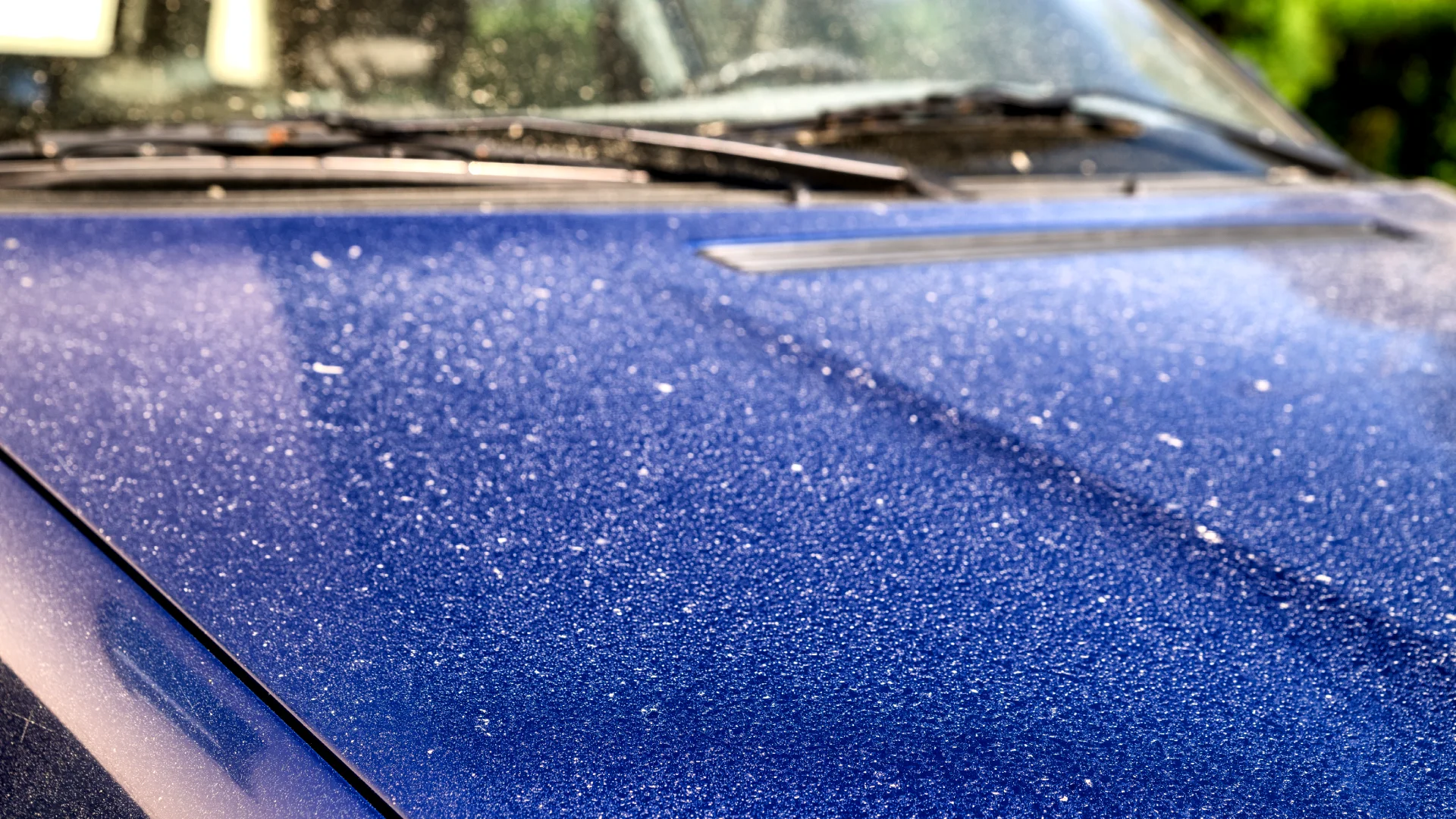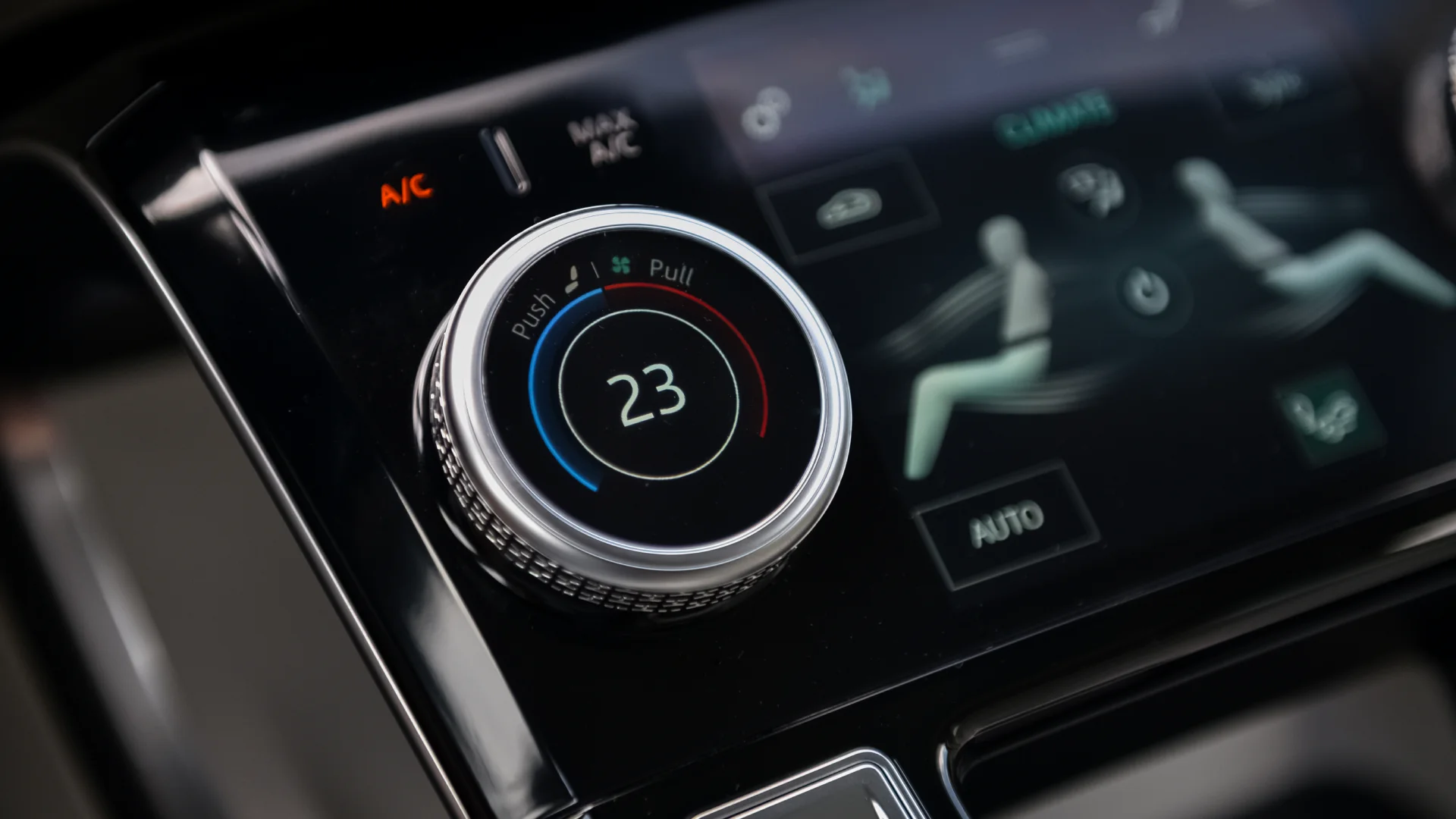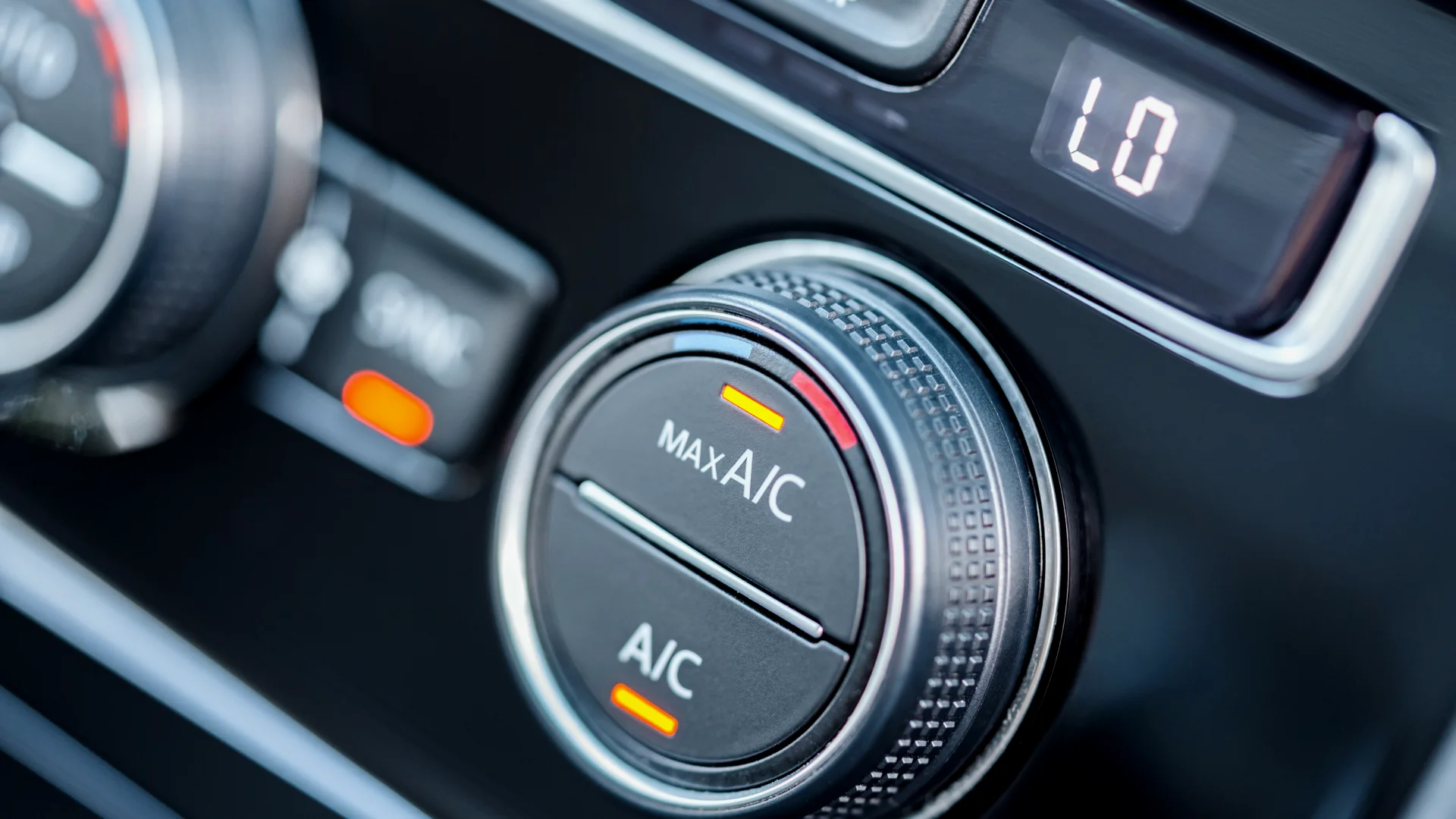A car’s air conditioning (AC) system is an essential feature, particularly during the sweltering summer months. However, these systems can and do break down, often leaving drivers and passengers uncomfortable. Understanding the common causes of car air conditioning system failures can help you prevent these issues and maintain a cool, comfortable environment in your vehicle. This article explores the primary reasons why car air conditioning systems break and how you can mitigate these problems.
Lack of Regular Maintenance
One of the most common causes of car air conditioning system failures is neglecting regular maintenance. Routine maintenance is crucial for the efficient and smooth operation of an AC system. Maintenance tasks include cleaning or replacing air filters, checking refrigerant levels, inspecting electrical components, and ensuring all parts are functioning correctly. When these tasks are ignored, the system can become overworked and eventually fail.
Dirty or Clogged Filters
Air filters trap dust, dirt, and other airborne particles, preventing them from entering the system. Over time, these filters become clogged, reducing airflow and forcing the system to work harder to circulate air. This added strain can lead to overheating and component failures. Regularly replacing or cleaning filters is a simple yet effective way to prevent such issues.
Refrigerant Leaks
Refrigerant is the lifeblood of an air conditioning system, responsible for absorbing and dissipating heat. If there is a leak in the refrigerant lines, the system cannot cool efficiently. Low refrigerant levels cause the compressor to work harder, leading to overheating and potential damage. Signs of a refrigerant leak include reduced cooling capacity, hissing sounds, and ice formation on the evaporator coil. Promptly addressing leaks and refilling refrigerant can prevent major system failures.
Electrical Issues
Electrical problems are another common cause of car air conditioning breakdowns. These can range from faulty wiring and blown fuses to failing capacitors and relays. Electrical issues can prevent the system from turning on or cause intermittent operation, leading to inconsistent cooling and increased wear and tear on components.
Capacitor Failure
Capacitors store and release energy to power the motors in the compressor and fans. Over time, capacitors can degrade or fail, causing the motors to overheat and the system to stop working. Regular inspection and timely replacement of capacitors can prevent unexpected breakdowns.
Faulty Wiring
Faulty or damaged wiring can cause electrical shorts, resulting in the system not receiving power or malfunctioning. Wiring issues can also pose a fire hazard. Ensuring that the wiring is properly installed and maintained by a qualified technician is essential for the safe and reliable operation of your car air conditioning system.
Component Wear and Tear
Car air conditioning systems are composed of various mechanical and electrical components that can wear out over time. Regular use, particularly during peak seasons, can accelerate the wear and tear on these parts.
Compressor Issues
The compressor is a critical component that pumps refrigerant through the system. It is also one of the most expensive parts to replace. Issues with the compressor can arise from electrical problems, lack of lubrication, or refrigerant issues. Symptoms of compressor problems include strange noises, reduced cooling capacity, and the system shutting down frequently. Regular maintenance can help identify and address compressor issues before they lead to complete failure.
Fan Problems
Air conditioning systems have two fans: one to blow indoor air over the evaporator coil to cool it, and another to expel heat from the condenser coil outdoors. If either of these fans fails, the system’s efficiency is compromised. Fan issues can result from motor problems, worn belts, or debris obstructing the fan blades. Ensuring that the fans are clean and the motors are in good working condition is crucial for optimal system performance.
Thermostat Malfunctions
The thermostat is the control centre of the air conditioning system, regulating the temperature and ensuring the system operates as desired. If the thermostat is not functioning correctly, it can lead to improper temperature regulation and increased energy consumption. Common thermostat issues include sensor problems, wiring faults, and software glitches in programmable thermostats. Regularly calibrating and updating the thermostat can prevent these problems.
Drainage Problems
Air conditioning systems produce condensation as they cool the air. This condensation is typically drained away from the system. However, if the drain line is clogged or the drain pan is full, water can back up and cause damage to the system. Standing water can also lead to mould growth, which can affect air quality and the health of occupants. Regularly checking and cleaning the drainage system can prevent these issues.
Conclusion
Car air conditioning systems are complex machines that require regular maintenance and care to function efficiently. The most common causes of AC breakdowns include lack of maintenance, refrigerant leaks, electrical issues, component wear and tear, thermostat malfunctions, and drainage problems. By understanding these common issues and taking proactive measures, such as regular maintenance and timely repairs, you can extend the life of your car air conditioning system and ensure it operates smoothly when you need it most. Investing in preventive maintenance not only enhances comfort but also saves money by reducing the need for costly repairs and replacements.
4o







